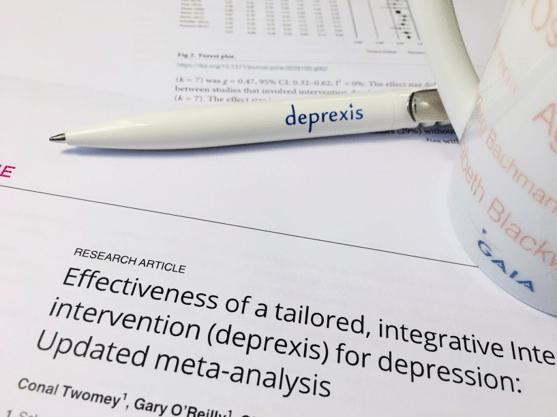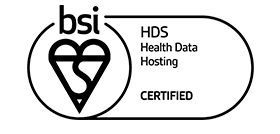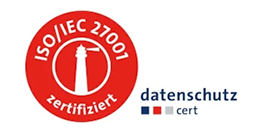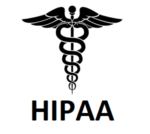Effectiveness of GAIA's Digital Therapy Confirmed Once Again in Updated Meta-Analysis

Cambridge, UK, Thursday 30 January 2020 10.00 CEST
GAIA’s digital therapy reliably reduces depression symptoms over 8 to 12 weeks, according to a newly published meta-analysis. The researchers summarized the results of 12 randomized controlled trials that examined deprexis, GAIA’s evidence-based digital therapy for patients with depression. The studies included a total of 2,901 participants with mild, moderate, and even severe depression.
The treatment’s effect size of g=0.51 corresponds to an NNT (number-needed-to-treat) of 3.55, which is clinically significant and indicates that patients will typically experience improvements that can be felt and that make a substantial difference in their daily lives. Moreover, the treatment was found to be effective even when offered without personal support; thus, it does not add to clinician burden and can free up staff resources. Another highlight was that several of the included trials had examined deprexis in combination with other treatments, including outpatient and inpatient psychotherapy. The results showed consistently that adding deprexis to other interventions leads to faster and more pronounced clinical improvements, which are sustained over time.
In summary, the researchers concluded that “effective and scalable interventions, such as deprexis, should be disseminated more broadly in order to help mitigate the treatment gap and improve the global quality of depression care”.
The updated meta-analysis was published in the latest issue of PLOS ONE and can be accessed at PLOS ONE.





